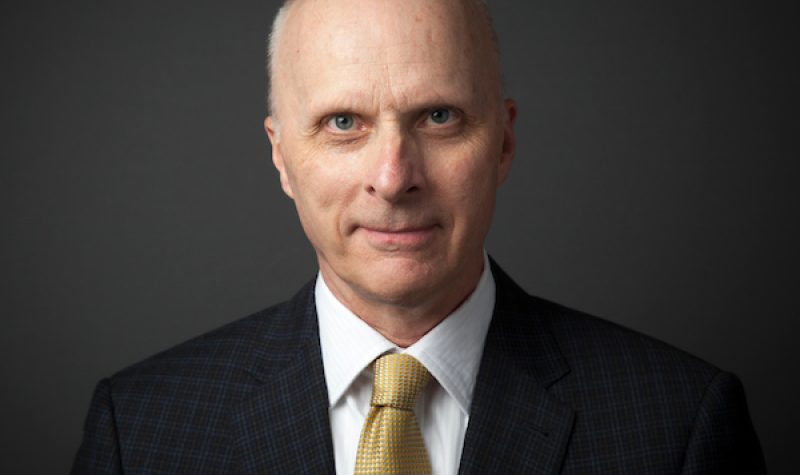In an effort to cool inflation, The Bank Of Canada recently raised interest rates another half a percent to 3.75 per cent. Economics Professor at Queen’s University Gregor Smith says, recently, things are going well.
“Typically when an inflation rate is reported, it’s the rate over the past year…If you look at over the most recent two or three months those numbers are lower, so that suggests that eventually the 12 month rate that gets all the headlines will come down as well…that means the interest rate increases will likely come to an end,” says Smith.
The inflation rate is currently at 6.9 per cent, down from a peak of 8.1 per cent earlier this summer.
“This is still a long way above the target which is a range from 1 per cent to 3 per cent, ideally at 2 per cent. Historically The Bank of Canada has a very good track record of being in that zone,” says Smith.
He says a lot of people are talking about the possibility of a recession in 2023, however predicting one is challenging.
“There’s certainly examples from Canadian history in the early 80s and then the early 90’s where tightening monetary policy with the goal of reducing inflation may have contributed to a recession…It’s very challenging to forecast these things partly because recessions happen so rarely. Unlike weather forecasting we don’t get the opportunity to fine-tune our predictions every week,” says Smith.
The professor says there is no doubt the interest rate hikes will slow economic growth.
“Overall GDP growth rate is coming down as reported by Statistics Canada and the Bank of Canada is forecasting a GDP rate of only about 1% for 2023… even if that’s not a recession, it’s certainly going to be slower than the growth of the last couple years,” says Mr. Smith.
He says this could improve someone’s access to housing.
“On the one hand higher interest rates mean higher mortgage payments, on the other hand that tends to lead to lower house prices because there aren’t that many people getting into bidding wars for houses,” says Smith.
Smith says it's pretty clear there will be several more interest rate increases.
"How large and how long in 2023 they continue is a bit uncertain, it will depend on what happens with inflation…The direction is pretty clear that there will be more interest rate increases until inflation comes down substantially,” says Smith.
Listen to the full CFRC interview with Gregor Smith below:


